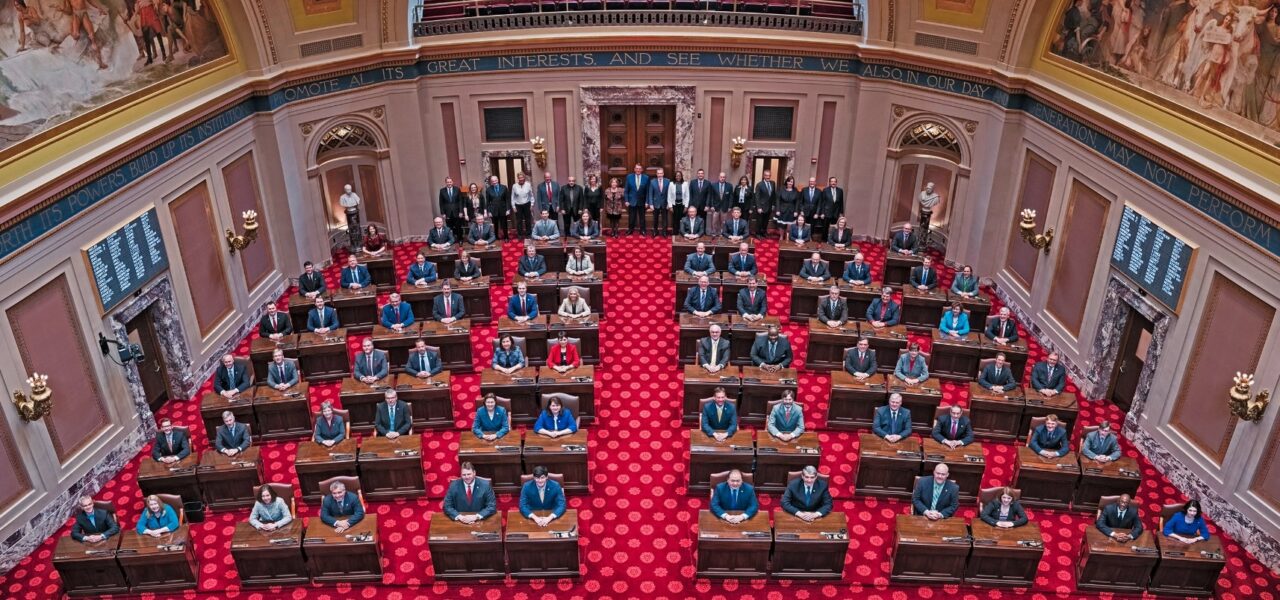
The bill includes US$7 million for the state’s first energy storage incentive program for on-site energy storage systems and US$250,000 for a study looking at how energy storage can help the state achieve 100% decarbonisation.
While most of the US$80 million goes to solar, some pots of money are likely to touch multiple technologies. These include US$10 million for distributed energy upgrade grants to improve interconnection timelines, US$3.4 million for the University of St. Thomas Center for research into microgrids and US$5.3 million for electric grid resiliency grants.
“It’s a new era for solar and energy storage in Minnesota,” said MnSEIA’s Executive Director Logan O’Grady.
“The policies created in this Legislative Session will set off a historic boom for clean energy in our state. It’s a huge signal to the country that Minnesota is serious about solar and that we’re a great market to do business in. Lawmakers just created hundreds of family-sustaining jobs and exciting opportunities for small businesses. This is a truly monumental Legislative Session and MnSEIA is proud to have advocated for our members and the solar + storage industry. The future of solar just got a whole lot brighter and MnSEIA is looking forward to ushering in this new era.”
The state, with a population of around 6 million and in the service territory of grid operator Miso, has been relatively quiet for large-scale energy storage projects with the exception of one from Form Energy. The ‘iron-air’ battery firm will deploy a 100-hour project in the state for Xcel Energy.
California and Texas have been and will continue to be the leading markets in the US for energy storage, but several smaller ones this year have made legislative moves to help accelerate the technology’s deployment to aid decarbonisation of their power grids.
New Mexico, Michigan and Maryland have all set or proposed ambitious deployment targets this year while state-regulated utilities in New Hampshire and Connecticut have been busy expanding customer-sited energy storage incentive programmes.

